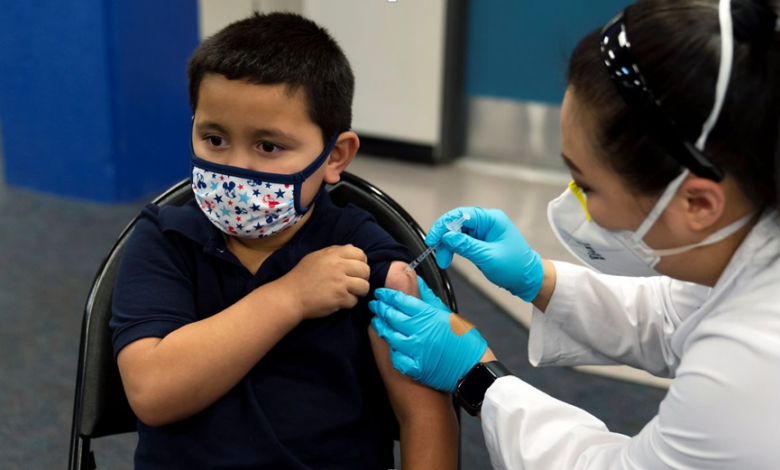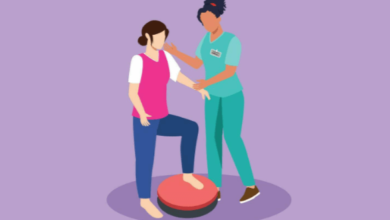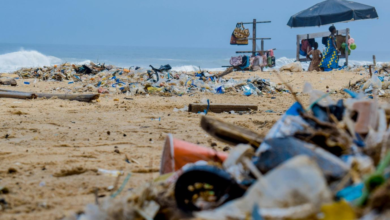Health Workers Race Against Time to Improve Immunization Rates

As global health authorities warn of a possible resurgence of preventable diseases, health workers across regions are racing against time to close the immunization gap. According to a report from pafikutaikab.org the challenge is pressing: after years of pandemic disruptions, vaccination coverage in several areas has yet to return to pre-COVID levels. Health professionals, government agencies, and community volunteers are now doubling their efforts to ensure that every child receives lifesaving vaccines on schedule.
In many low- and middle-income countries, including Indonesia, the Ministry of Health has intensified its “catch-up immunization” campaigns. These initiatives target children who missed routine shots for diseases such as measles, polio, and diphtheria. Data from the World Health Organization (WHO) show that millions of children worldwide remain unvaccinated or under-vaccinated, leaving communities vulnerable to outbreaks that had once been under control.
Dr. Ratna Widiastuti, a pediatric specialist at a Jakarta public hospital, explained that the delay in immunization could have long-term consequences. “One missed vaccine can open the door for an outbreak,” she said. “We’re not just protecting individual children; we’re protecting entire communities through herd immunity.” According to her, misinformation and vaccine hesitancy also play a role in slowing down immunization efforts, despite the availability of vaccines.
See also: Benefits of Using an Alcohol Tracker for Health Management
To tackle these issues, local health offices have been conducting door-to-door outreach programs. In rural and remote areas, health workers travel by motorcycle, boat, or even on foot to reach families with limited access to health facilities. Mobile vaccination clinics have also been deployed to schools and public spaces, offering free vaccines and educational materials for parents.
Community engagement has proven crucial. In several provinces, religious leaders and local influencers have been enlisted to promote immunization awareness. Their involvement has helped build trust, particularly among parents who remain skeptical about vaccine safety. “When trusted figures explain the benefits clearly, more families come forward,” said Siti Rahma, a nurse who coordinates community health activities in Central Java.
Beyond routine immunizations, authorities are also working to improve data collection and cold-chain logistics. The use of digital immunization records helps track children’s vaccination histories and ensures timely follow-up. Meanwhile, new solar-powered refrigerators are being installed in remote clinics to keep vaccines at safe temperatures, even in areas without reliable electricity.
Despite these advancements, challenges remain. Some districts still struggle with limited manpower, outdated infrastructure, and budget constraints. Health workers often face fatigue as they balance routine services with outreach programs. “It’s not easy, but the urgency is real,” said Rahma. “Every day counts when it comes to preventing disease.”
The global goal, as outlined by WHO’s Immunization Agenda 2030, is to leave no one behind. For that to happen, experts emphasize that governments must continue investing in public health systems, training more healthcare workers, and ensuring equitable vaccine access. As the world watches the progress of these campaigns, one message rings clear: improving immunization rates is not just a medical mission—it’s a race to secure the health of future generations.
Source: https://pafikutaikab.org/





